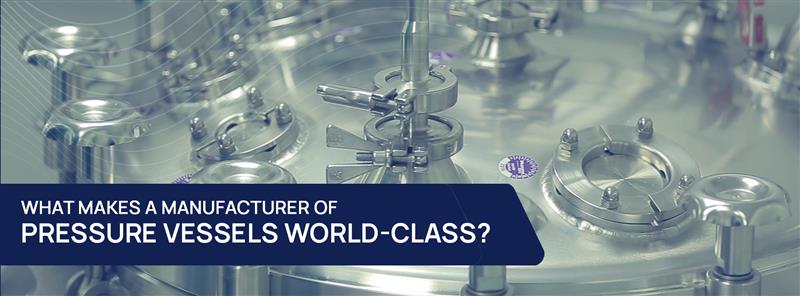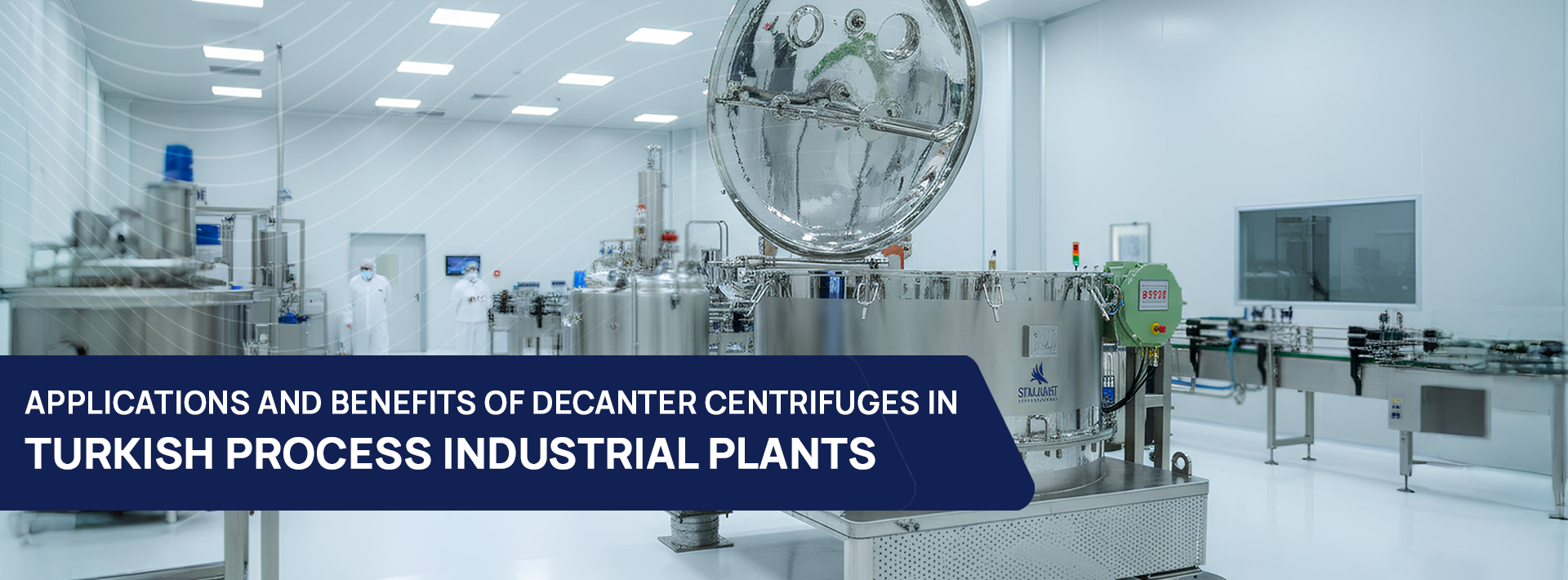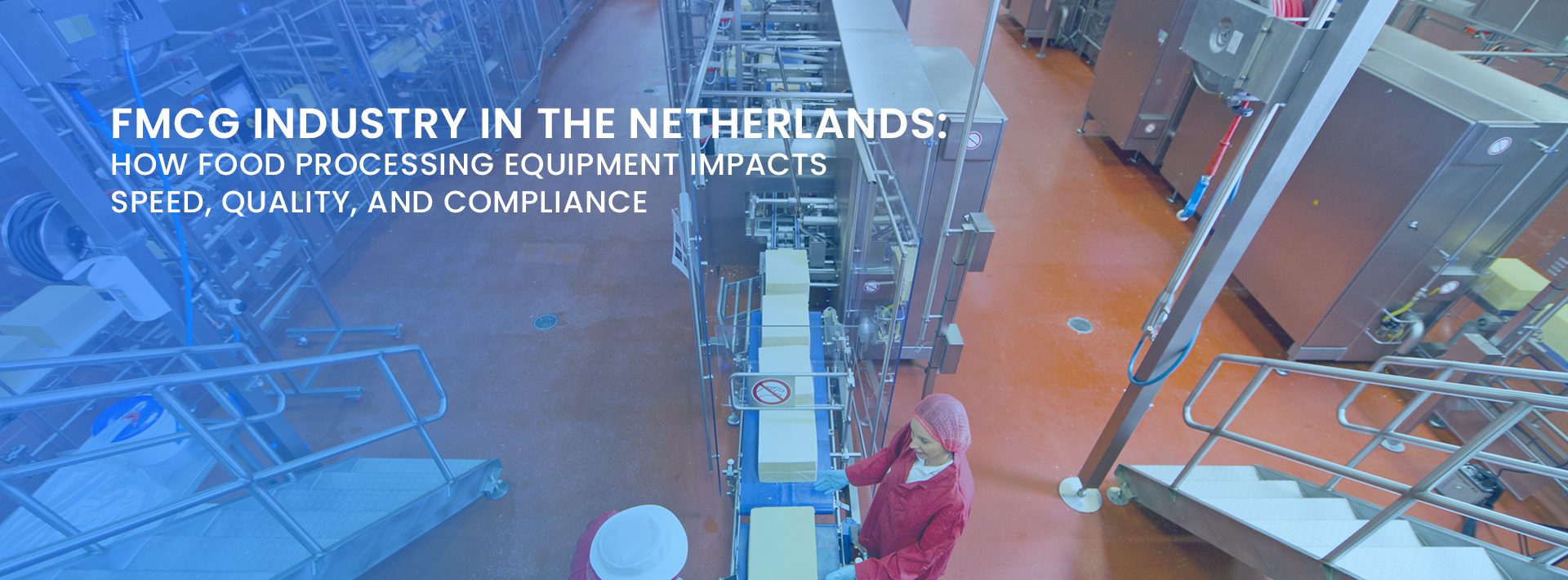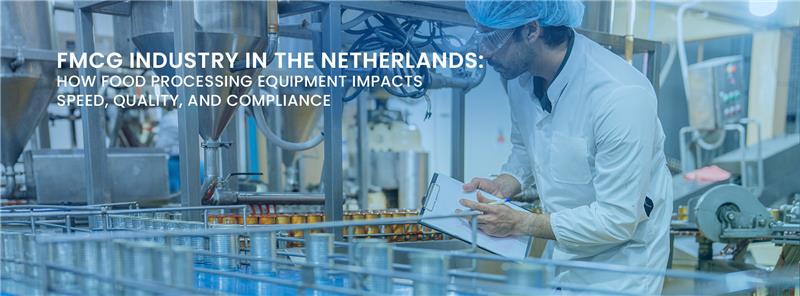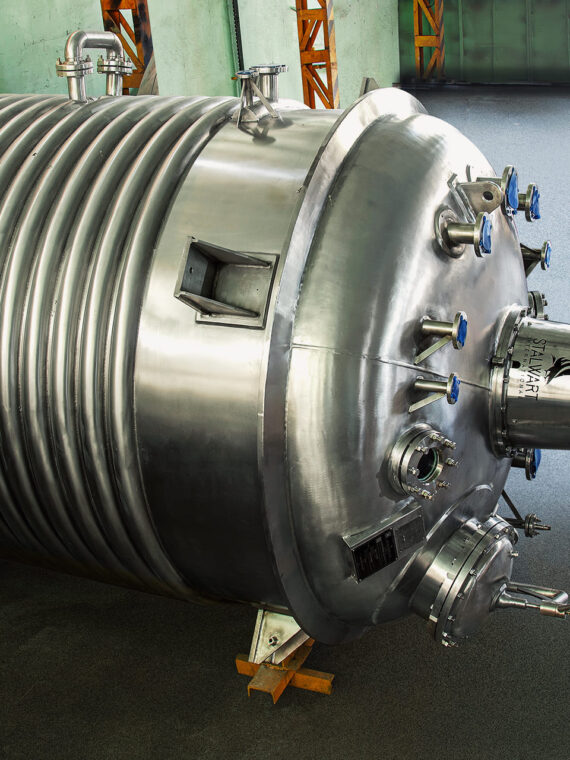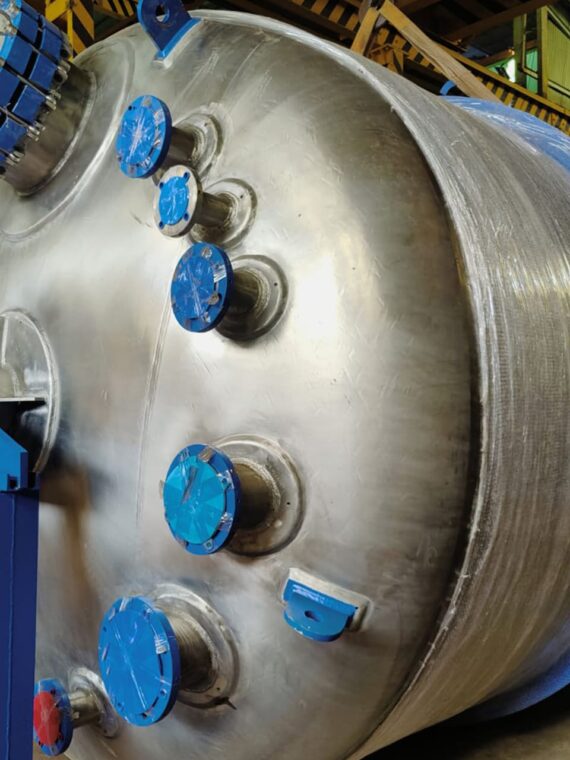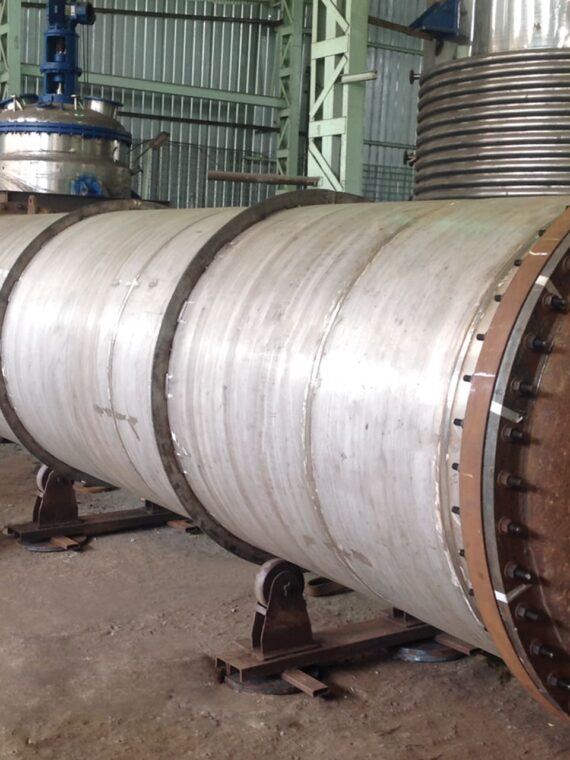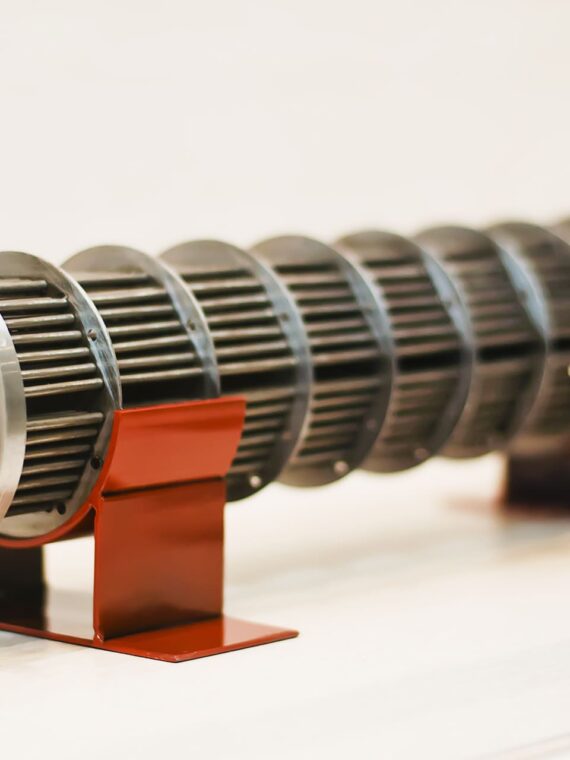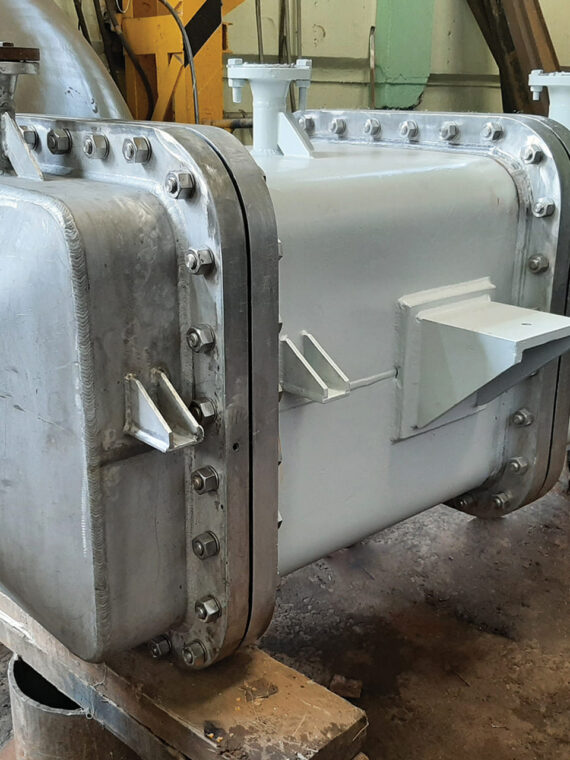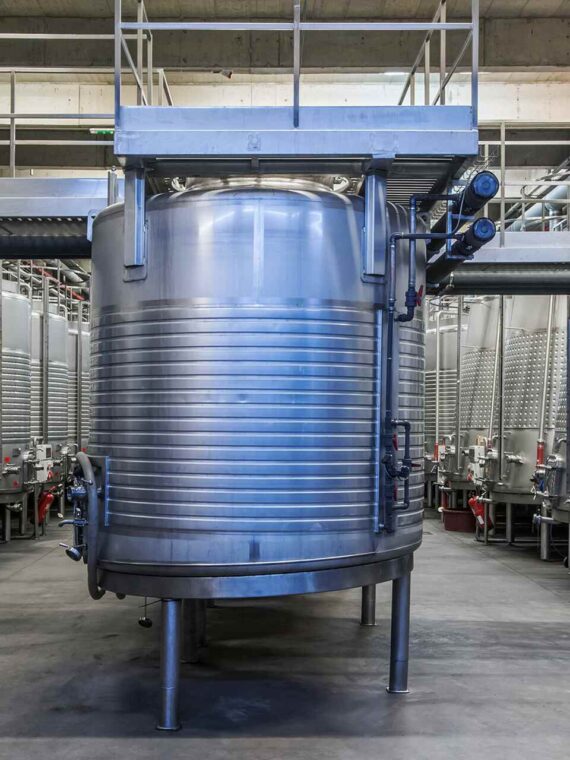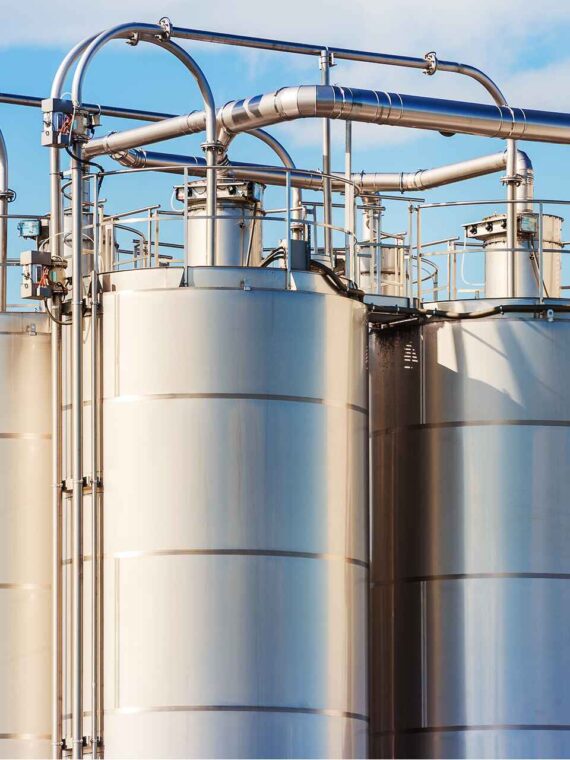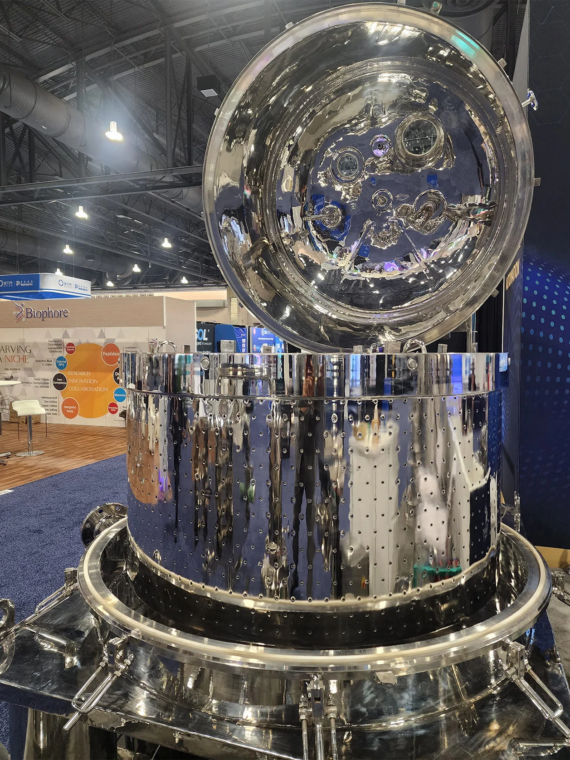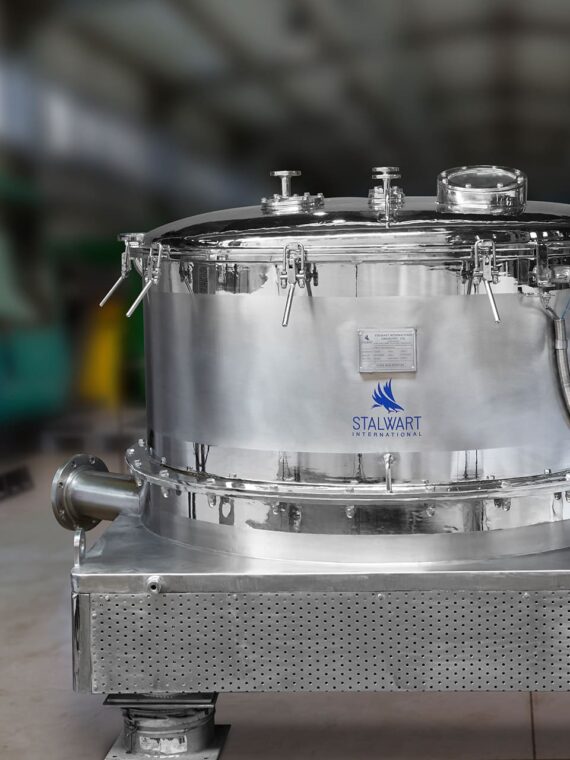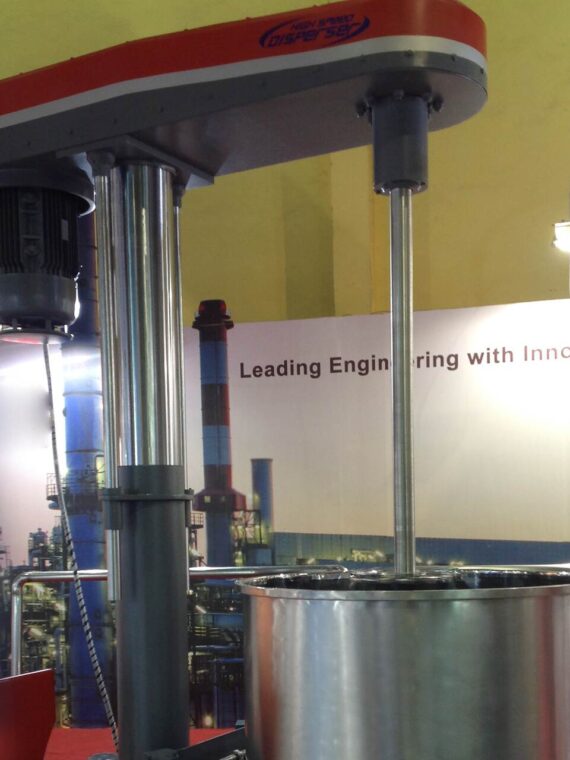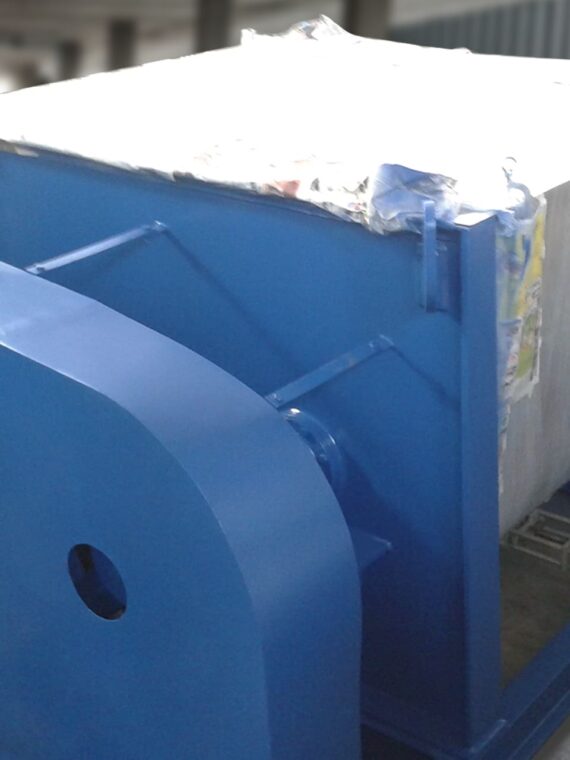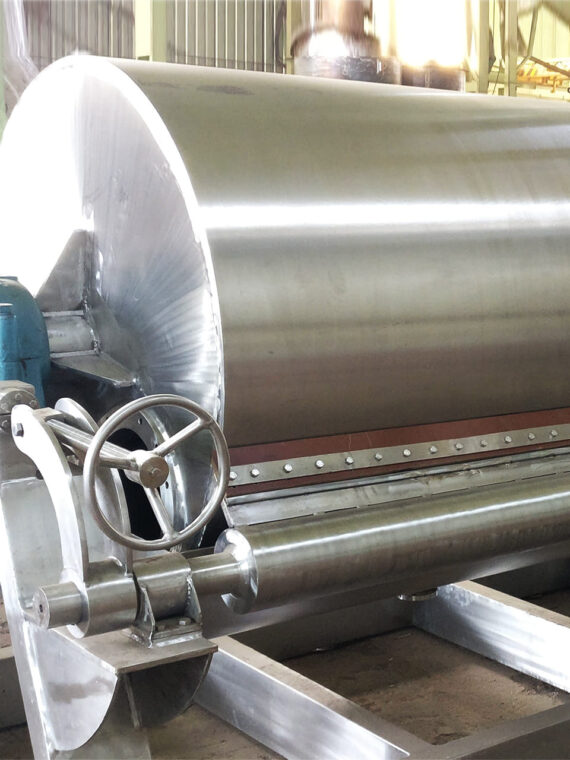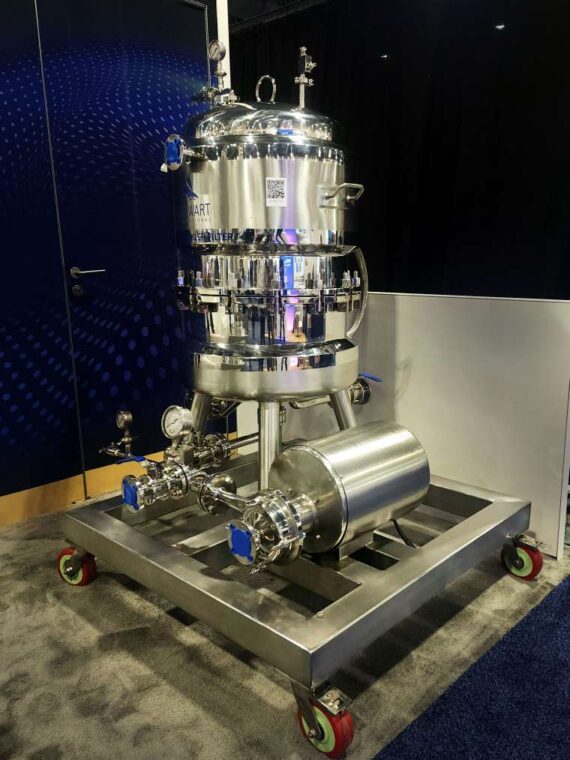In the field of industrial process engineering, the unsung heroes are the pressure vessels. They store and process gases, liquids, and vapors in various industries, including chemical, pharmaceutical, petrochemical, food processing, electricity production, and oil and gas.
They also withstand the most severe circumstances and work under the highest pressure. The quality, safety, and performance demanded by these industries are not all provided by pressure vessel manufacturers. Some of them are regarded to be of the highest quality. And what does a leading manufacturer of pressure vessels have over the competitors? The attributes that distinguish excellence from sufficiency can be discussed.
Key Attributes of a World-Class Pressure Vessel Manufacturer
1. Engineering Excellence Supported by Experience.
The key to any great pressure vessel is outstanding engineering. A global manufacturer does not simply produce metal; it has to devise solutions. They have a team of well-seasoned engineers who will ensure that every vessel is designed with care to meet the operating pressure, temperature, and medium for which it is intended, without causing harm.
Enhanced software, such as Finite Element Analysis (FEA), 3D CAD modelling, and thermal stress modelling, is applied to check all the design parameters. The engineering team should be well-versed in ASME Section VIII, Div 1 and 2, PED, and API standards to ensure the vessel meets global compliance and performance requirements.
Experience also plays a leading role. The decades of experience in the industry provide manufacturers with an understanding of the peculiarities of different applications of the process, enabling them to predict potential difficulties in advance and, therefore, save clients time and money.
2. Quality and Safety Standards Promises.
When a firm produces pressure vessels that meet global standards, quality management and compliance with safety standards are of great importance. The vessels are extremely overstrained, and therefore, even a minor defect can cause a fatal result.
The major manufacturers are compliant with global standards, such as:
- ASME (American Society of Mechanical Engineers).
- ISO 9001:2015 Quality Management System.
- Pressure Equipment Directive (PED).
- TEMA (Tubular Exchanger Manufacturers Association)
All the steps in production, including the check of the raw materials and the last hydrotest, are covered by a rigid Quality Assurance Plan (QAP). Structural integrity assurance is done through non-destructive testing (NDT) such as radiography, ultrasonic inspection, dye penetrant inspection, and magnetic particle inspection.
By focusing on solid documentation, certifications, and material traceability, these manufacturers ensure not only compliance but also confidence.
3. State-of-the-Art manufacturing infrastructure.
A global manufacturer of pressure vessels allocates a significant sum of money for state-of-the-art production plants. The CNC cutting machines, automated welding systems, hydraulic forming press, and heavy-duty rolling machines present in modern workshops can be used to process large vessels with great diameters.
The technology of automated welding (like TIG, MIG, SAW (Submerged Arc Welding)) guarantees the same quality of the weld and minimizes human error. The surface finishing achieved through precision machining and polishing systems ensures a perfect finish, particularly in the food, beverage, and pharmaceutical industries.
Further, a clean, well-ordered, and safety-compliant workshop also demonstrates the professionalism of the company and the discipline in its operations, which are the two typical attributes of a world-class manufacturing company.
4. Sourcing and Expertise with Material.
There are various materials needed in the process vessels in different industries: stainless steel, carbon steel, duplex steel, Hastelloy, Inconel, and titanium, among others. A prominent producer is aware of the metallurgical characteristics of every material under high temperature and pressure.
They also have close ties with international providers of certified raw materials, ensuring that the quality and supply are always available. Material traceability, mill test certifications, and in-house tests also ensure that the selected materials meet project requirements and international standards.
This experience not only makes each pressure vessel resistant and strong to corrosion but also is designed for long-term use.
You May Also Like: How Stalwart Ensures Long-Term Durability in Equipment
5. Adaptability of the Design and Customization.
There are no two processes that are precisely the same in the industrial process, and it is here that customization comes in. Even a manufacturer of world-class pressure vessels does not subscribe to the one-size-fits-all approach. They instead provide customized models that are designed to fit specific operational requirements, such as a high-pressure reactor in a chemical plant, a vacuum-rated vessel in pharmaceuticals, or a heat exchanger in food processing.
They liaise closely with process engineers of the clients to know the parameters such as the volume, pressure, temperature, and the type of fluid to use in designing the vessel. This is a cooperative engineering practice that guarantees the highest level of efficiency and reliability of the processes.
6. Efficient Labor and technical proficiency.
Behind each high-quality ship, there is a team of skilled fabricators, qualified welders, engineers, and quality inspectors. A manufacturer of world standards will guarantee that its staff is continuously trained, developed, and certified to remain abreast with the emerging methods and standards of safety.
Manufacturers who invest in people, rather than machinery, foster a culture of quality that is consistently applied to every vessel they produce. This is a promise of outstanding human capital, which is what typically sets the difference between average and world-class manufacturers.
7. Social Responsibility and Environmental Friendliness.
Sustainability is not an option in the contemporary world; it is a need, too. The large pressure vessel manufacturers also integrate green practices in their operations to achieve their objectives, which begin with the responsible acquisition of materials, through energy-efficient production processes, and effective management of wastes.
Most of them have adopted ISO 14001:2015 Environmental Management Systems and are actively working to reduce their carbon footprint. They are interested in developing high-performance equipment without negatively affecting the environment, and their attitude is reflected in the current global industries.
8. International Presence and After-Sales Service.
An international manufacturer is not bound by geography. They have their vessels in place and functional all around the continents, with a global delivery of international certifications, logistics, and service teams.
After-sales support is also essential. It can be an installation support, maintenance support, or a regular check-up. Still, global manufacturers are confident that their customers experience consistent performance and stability throughout the equipment’s lifespan.
You May Also Like: Understanding The ASME U Stamp: Quality & Safety of Pressure Vessel Manufacturing
Conclusion
To be a world-class pressure vessel manufacturer does not imply that one owns the right tools or certifications. It is worrying insatiable commitment to engineering accuracy, excellence, creativity, and honesty.
Once all these factors are present in a manufacturer, supported by the experience, a skilled crew and the client-first attitude, the latter does not just create a vessel, but builds trust. That trust is what makes world-class manufacturing in the areas where there is no discussion of safety and performance.
FAQ
1. What advanced techniques are used in pressure vessel fabrication?
Automated welding, CNC cutting, robotic assembly, and non-destructive testing (NDT).
2. How do manufacturers select materials for pressure vessels?
Based on pressure, temperature, and chemical exposure; commonly stainless steel, carbon steel, or alloys.
3. What design factors make a pressure vessel world-class?
Optimal shape, thickness, reinforcement, and use of FEA/CFD simulations.
4. How is quality ensured in manufacturing?
Material inspection, dimensional checks, welding certification, pressure testing, and traceable documentation.
5. What sets top manufacturers apart in lifecycle support?
Engineering support, installation guidance, maintenance programs, and compliance with safety standards.


